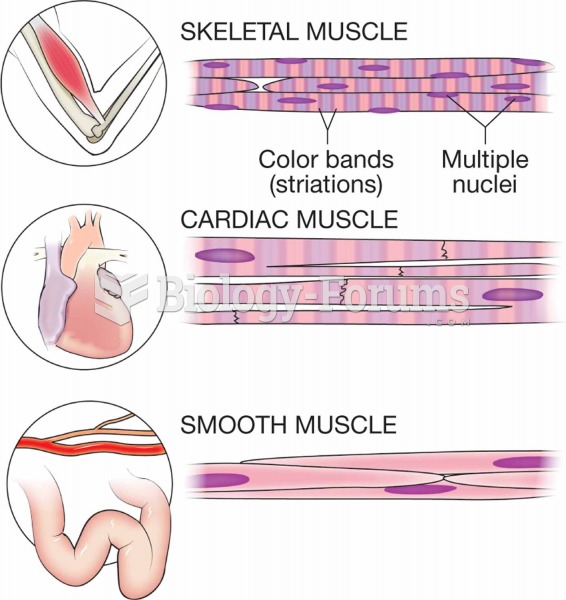Answer to Question 1
Correct Answer: 2,3
Rationale 1: The dosage of 10 mg three times daily is standard.
Rationale 2: The adverse reactions from cyclobenzaprine include confusion, hallucinations, and cardiac events, which are more common in clients over 65.
Rationale 3: The manufacturer recommends that treatment not extend beyond 3 weeks or 21 days.
Rationale 4: Cyclobenzaprine is not effective for muscle spasm due to spinal cord injury, but is useful in the treatment of back pain from muscle strain.
Rationale 5: The drug may be taken with food or milk if gastric upset occurs.
Global Rationale: The adverse reactions from cyclobenzaprine include confusion, hallucinations, and cardiac events, which are more common in clients over 65. The manufacturer recommends that treatment not extend beyond 3 weeks or 21 days. The dosage of 10 mg three times daily is standard. Cyclobenzaprine is not effective for muscle spasm due to spinal cord injury, but is useful in the treatment of back pain from muscle strain. The drug may be taken with food or milk if gastric upset occurs.
Answer to Question 2
Correct Answer: 4
Rationale 1: Muscle spasms without skeletal injury do not pose a risk for infection.
Rationale 2: Bladder spasms are treated with a different medication.
Rationale 3: There is generally no risk for tissue perfusion in muscle spasms unless the client is immobile and not turned appropriately.
Rationale 4: The client should be protected from injury related to falls due to excessive drowsiness.
Global Rationale: The client should be protected from injury related to falls due to excessive drowsiness. Muscle spasms without skeletal injury do not pose a risk for infection. Bladder spasms are treated with a different medication. There is generally no risk for tissue perfusion in muscle spasms unless the client is immobile and not turned appropriately.







